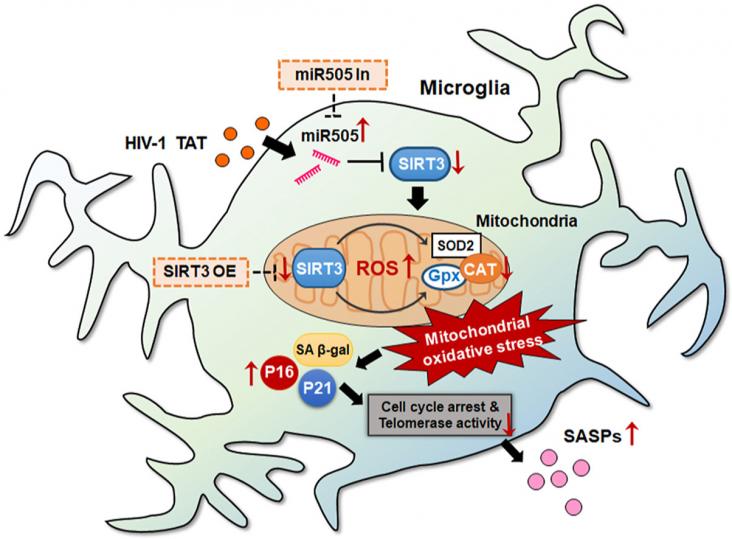This Comment article supports SDGs 3, 10, and 17 by highlighting the need for full inclusivity and representation, and the involvement of a diverse range of stakeholders and voices, in order to successfully design solutions to global health problems and to reform the systems that are exacerbating global health inequities.
Background: Increasing access to hepatitis C virus (HCV) care and treatment will require simplified service delivery models.
This chapter supports SDGs 3, 16 by exploring the challenges confronting internally displaced persons and refugee children.

Earth Day is widely recognised as the largest secular observance in the world, marked by more than a billion people every year as a day of action to change human behaviour and provoke policy changes. This day recognises and celebrates the Earth and its ecosystems as our home and highlights the need to protect earth to enhance people’s livelihoods, counteract climate change, and stop the collapse of biodiversity. To raise awareness of Earth Day 2021, Elsevier presents a curated list of free access journal articles and book chapters in support of this year's theme - Restore our Earth.
This chapter reviews the concept of happiness and how it is defined.
This study identifies the psychosocial factors of stigma and relationship to healthcare services among adolescents living with HIV/AIDS in Kano state, Nigeria.

The introduction of combined antiretroviral treatment (cART) for HIV-1 has significantly reduced peripherary viral levels and extended the lives of patients. However, longer lifespans have led to more age-related health issues, like HIV-associated neurocognitive disorders (HAND). This study investigates how the HIV TAT protein mediates microglial mitochondrial oxidative stress, leading to neuroinflammation and microglial aging.

In the β-thalassemias, oxidative stress, resulting from chronic hemolysis, globin chain imbalance, iron overload and depleted antioxidant defences, likely contributes to cell death, organ damage, anemia, hypoxia and inflammation. We assessed variations in these parameters in β-thalassemia syndromes in Sri Lanka.

Fanconi anemia (FA) has been investigated since early studies based on two definitions, namely defective DNA repair and proinflammatory condition. The former definition has built up the grounds for FA diagnosis as excess sensitivity of patients’ cells to xenobiotics as diepoxybutane and mitomycin C, resulting in typical chromosomal abnormalities. Another line of studies has related FA phenotype to a prooxidant state, as detected by both in vitro and ex vivo studies. The discovery that the FA group G (FANCG) protein is found in mitochondria (Mukhopadhyay et al., 2006) has been followed by an extensive line of studies providing evidence for multiple links between other FA gene products and mitochondrial dysfunction. The fact that FA proteins are encoded by nuclear, not mitochondrial DNA does not prevent these proteins to hamper mitochondrial function, as it is recognized that most mitochondrial proteins are of nuclear origin. This body of evidence supporting a central role of mitochondrial dysfunction, along with redox imbalance in FA, should lead to the re-definition of FA as a mitochondrial disease.
To mark World Health Day 2021, RELX’s Global Head of Corporate Responsibility, Dr Márcia Balisciano, talks to Dr Richard McCallum and Dr Erika Claud about the need for a fairer and healthier world for all.
